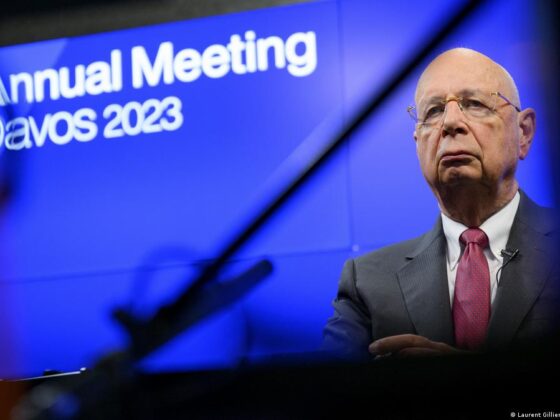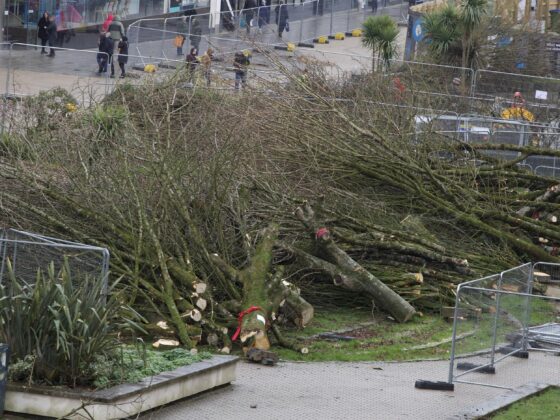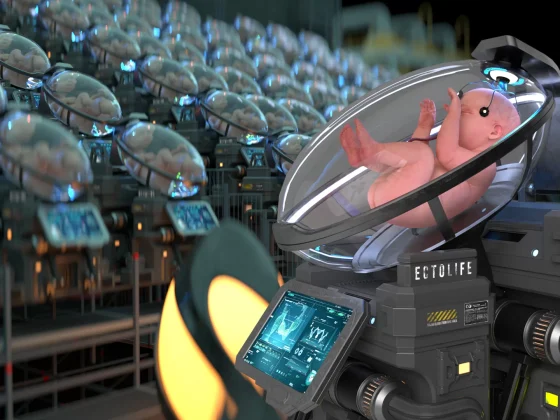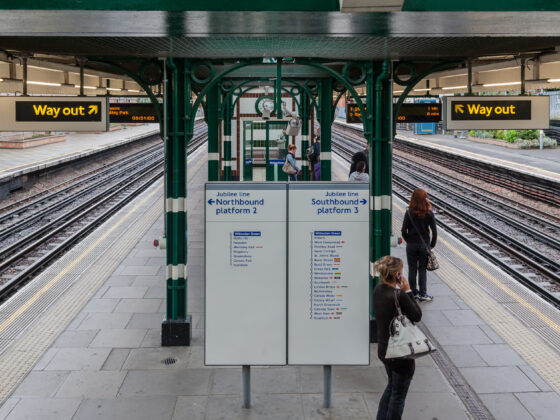According to a news release, a grocery cooperative in New Zealand is testing facial recognition tools in several stores to combat retail thefts.
“Supermarkets are on the frontline of the rising trend in retail crime with our teams dealing with daily incidents of assault, aggression and theft,” says Chris Quin, CEO of Foodstuffs North Island.
“Facial recognition technology is one of the only tools we’ve identified that could help us to proactively target and reduce theft, burglary, robbery, assault, and other aggressive, violent or threatening behaviour by repeat offenders.”
According to Quin, there’s been a 246 percent increase in serious incidents since 2020, including theft, robbery, assault, and other aggressive, violent, and threatening behavior. Nearly 25 percent of cases involve repeat offenders, which is a big problem.
“This is where facial recognition technology could help,” said Quin. “It may be able to sit alongside all our other security and safety initiatives, helping to proactively identify anyone who should not be in the store, or who is a known accomplice of an offender,” says Quin.
Foodstuffs North Island consulted with the Office of the Privacy Commissioner about potential privacy and security concerns. The consultation was about biometrics, data collection, and face scanning. Every store where facial recognition is being tested will have a sign. The facial biometric tool will be deployed in 29 supermarkets on the North Island.
Once the trial is over, Quin said, a decision will be made about using facial recognition technology in North Island stores.
In North America and Australia, facial recognition is already common. U.S. grocery chain Albertson’s uses facial recognition cameras that have led to arrests. In Canada, Foodmart partnered with SnapPay to offer face biometric payments in Toronto and British Columbia.
In the region, Foodstuffs North Island owns and operates New World, PAK’nSAVE, Gilmours and Four Square grocery stores.
“We know Foodstuffs has been questioned about its use of facial recognition technology by the media in 2018 and 2020,” said Consumer Chief Executive Jon Duffy.
“Now we have seen the scale of its use in stores, we see it is being referred to, by Foodstuffs, as ‘a trial’. Four years is a very long trial period.”
Consumer’s sister organization Choice recently voiced concerns about FRT’s unethical use. Kmart, Bunnings, and The Good Guys all paused FRT use in stores after Choice investigated retailers’ use.
“We are seriously concerned that New Zealanders are having their sensitive biometric information collected and analysed while they go about their shopping,” Duffy said.
It may not be obvious to these shoppers that their data is being collected.
“Based on our inquiries, at present, no other major retailer in New Zealand is using facial recognition technology. If other retailers can operate their businesses effectively without using FRT, why can’t Foodstuffs North Island?”
The UK is also trialing this technology: the Southern Co-operative employs facial recognition on customers, which has prompted legal complaints. The Southern Co-operative has installed the technology in 35 of its 200 stores across Portsmouth, Bournemouth, Bristol, Brighton and Hove, Chichester, Southampton, and London.
People are becoming accustomed to having their biometrics scanned when they operate and unlock their phone. Even when they board an airplane to fly or through the channel tunnel. Digital id apps will soon morph into full face biometrics. In the near future, every billboard and lightpole will know who you are, not only through cameras, but also through microphones. It’s all part of the prison planet surveillance state of the fourth industrial revolution.














